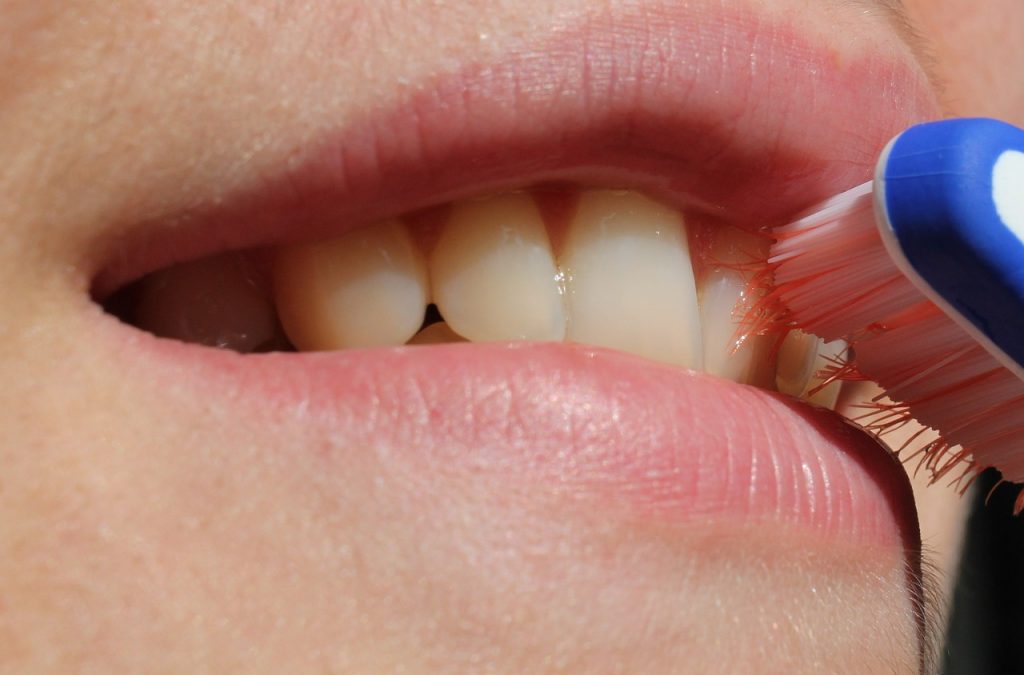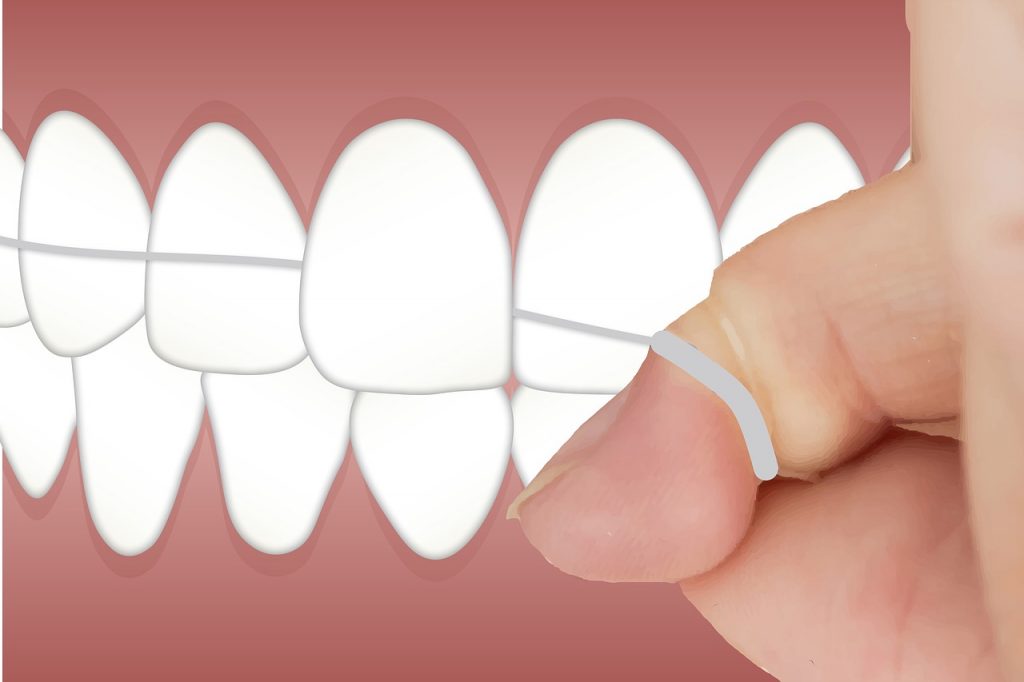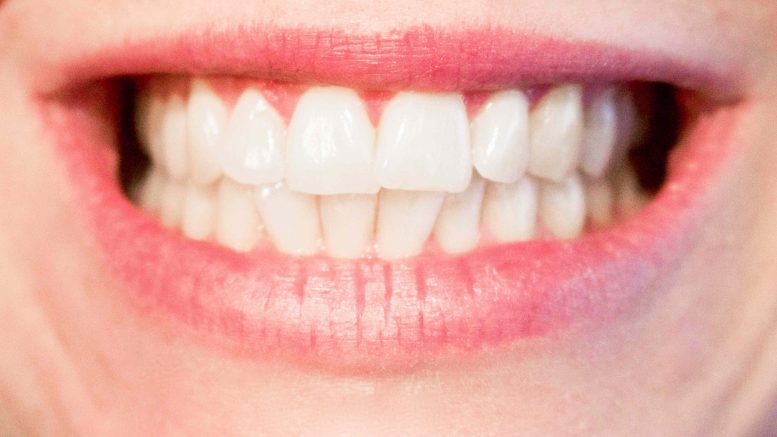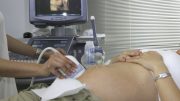Nose and gum bleeding during pregnancy (gingivitis) is a common thing. The pregnancy hormones make the gums more prone to inflammation and swelling, meaning they will bleed easily when you clean or brush between the teeth. About 50% of expecting mothers experience it. It is nothing to worry about, however, take care of your gums and teeth even after delivery.
Expecting a baby comes with huge changes to the body. At times you may experience signs like gum and nose bleeding during pregnancy. These symptoms shouldn’t be ignored since their treatment is safe, effective and imperative during this sensitive state.
Expecting moms should be privy to the fact that local anesthesia can be delivered and X-rays undertook without additional risk either to the fetus or the mother. Contrary, the risk associated with non-treatment is much higher. During pregnancy, it is a good idea to take a gum screen and obligatory precautions to prevent gum infection.
Visit the dentist often in pregnancy to sort out any ill signs. The dentist may refer you the hygienist who’ll guide you, step-by-step how to effectively clean your teeth.
How to Prevent Bleeding Gums During Pregnancy
The finest way to avoid dental issues in pregnancy is being vigilant in keeping your gums and teeth healthy.
The populace doesn’t know how to well clean their teeth and expecting mothers are more susceptible to the dental problems that arise from that. It is not the question of brushing the teeth, but cleaning them effectively.
Gently clean between every one of the teeth with small dental brush or floss. You should at least spend two minutes brushing.

Floss and brush at least twice a day, the quick rush once-over with a toothbrush isn’t enough for appropriate cleaning.
Eating for Healthier Gums in Pregnancy
Avoid sugary drinks and food particularly in between meals. Furthermore, herbal teas and acidic meals like white bread, tomatoes, and even lemons can wreck the teeth.
Keep your diet healthy with plenty of vegetables and fruits-if possible raw and fresh. Finally, brushing your teeth after meals is almost a sure bet.
Vitamins C, which is available foods such as bell peppers, broccoli and oranges or supplements may help to reduce bleeding.
Tips to Pregnant Women can do at Home

Use floss – flossing is effective for removing debris between teeth.
Ensure you have the right size inter-dental brush to clean your teeth properly. Teeth are different and inter-dental brushes are in different sizes to well fit various teeth gaps, with each size coded for easy identification. Choose your size.
Make brushing part of your daily routine. Ordinary brushing alone cleans about 60% of the tooth’s surface plus biting area of the tongue, front and back. Leaving the rest part unattended can cause plaque, build-up bacteria and food debris leading to gum disease, tooth decay, and bad breath. Clean below the gum line and between teeth to combat bad oral health.
Nosebleeds During Pregnancy
These are fairly common occurrences because of hormonal changes. Nosebleed can be frightening but there is no reason to worry as long one doesn’t lose a lot of blood and it can be treated at home. Approximately 20% of pregnant women will experience occasional nosebleed in their pregnancy and this is likely to happen during the first trimester.
Even though epistaxis is a benign condition but, there are occasions when it’s prudent to seek medical attention. At times this condition may be a symptom of an underlying condition. Expecting mothers are at higher risk for stroke, hypertension, and diabetes.
Get medical attention if the nosebleed accompanies these symptoms or conditions:
- Seek immediate medical treatment if bleeding can’t be controlled after 30 minutes and there’s heavy blood flow.
- Seek treatment if there’s loss of consciousness.
- Nosebleeds with signs of confusion, fatigue or feeling lightheaded should be attended to with immediate effect.
- Consult a physician if there’s facial drooping, tingling in extremities or numbness.
What are The Causes of Nosebleeds in Pregnancy?
Expecting mothers blood volume increases by 50%. This enhanced blood circulation facilitates is necessary nourishment to the fetus. Further expands the small vessels in your nose, resulting in raised pressure on blood vessels making them susceptible to rupture.
Most pregnant women will experience nosebleed in the first trimester or the first week of conception. Bleeding from the nose can be an early symptom of pregnancy.
Many women will have nosebleed in the few weeks of pregnancy only. The body is adjusting itself with the pregnancy and it’s starting to raise the blood flow. The nasal tissue is among the link and likely initial sign of increased blood flow.
The vascular supply in the nose is rich. The tiny blood vessels are situated relatively close to the skin surface making them vulnerable to damage. Nose picking and dry air are the common causes of nosebleeds.
There are no practices specific to pregnancy that reduces the risk of nosebleeds. The general advice such as avoiding picking your nose, keeping the nasal membrane humid using a saline spray and making use of a humidifier at night can be effective. If an expecting mom has difficulty stopping or frequent bleeding they get a medical evaluation as it may indicate other issues.
Treatments for Nose Bleeding

- Apply ice on the nose. The chill will constrict your blood vessels and restrain the blood flow.
- Breath through the mouth as you pinch the nostril closed. Keep the same position for roughly 15 minutes. This should completely stop or slow the bleeding.
- Have a seat. Lean a little forward taking care that the head maintains positioned above the heart.
- Try not to become excessively preoccupied with every little body change or ache you undergo in pregnancy. This might lead to anxiety and increased stress which is dangerous to the baby and you. Take none of the gum bleeding and nosebleed but keep them in perspective.
Gum and nose bleeding are common during pregnancy or not. Don’t allow needless frets to outdo the miracle of your pregnancy.




